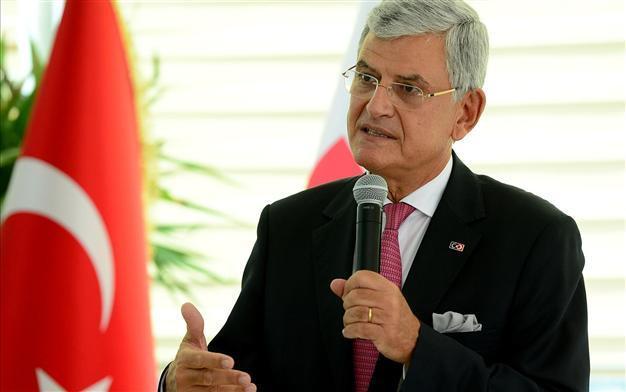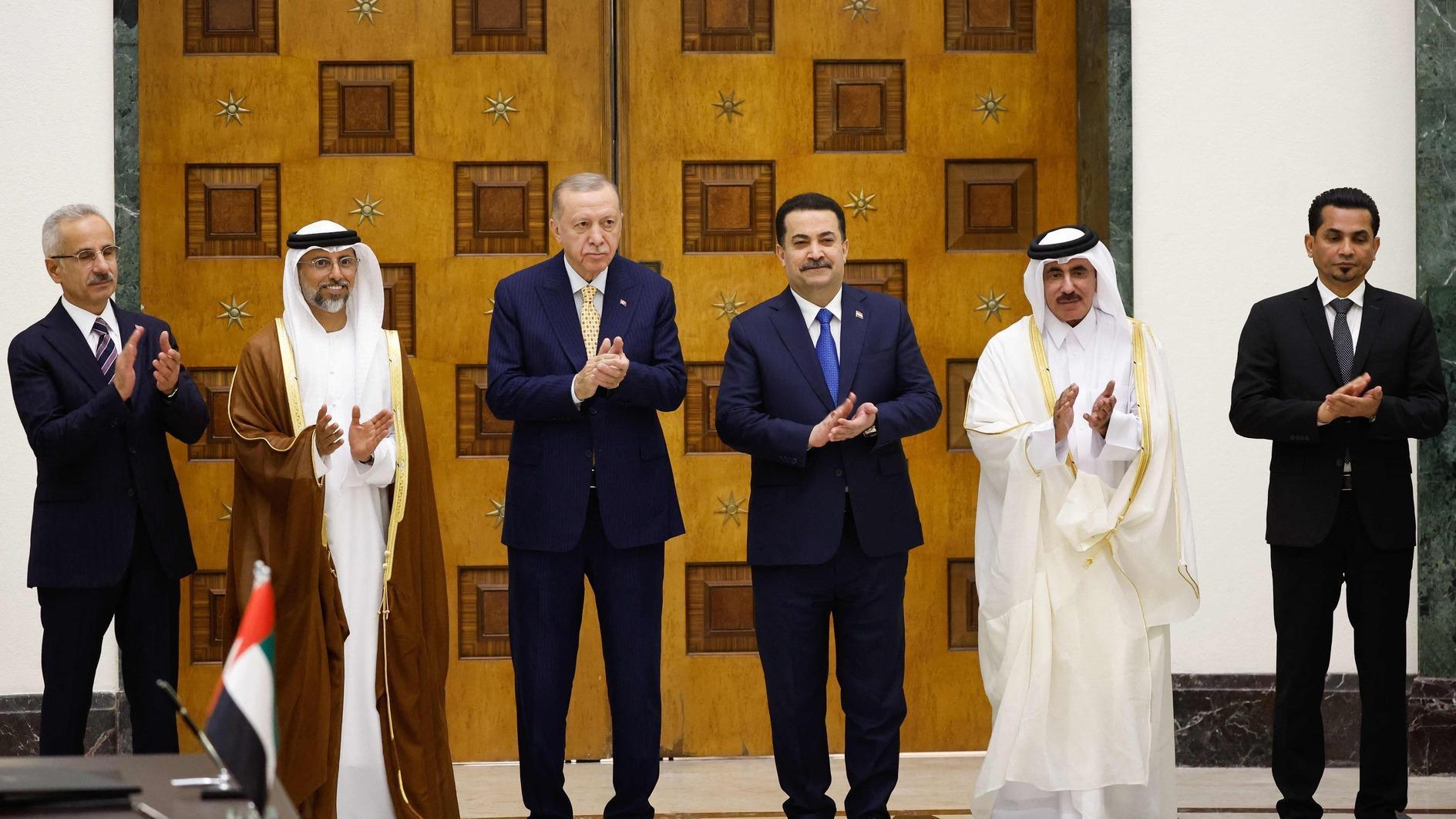EU Minister criticizes ‘concerns’ of foreign diplomat over Internet law
LISBON – Anadolu Agency

Volkan Bozkır will try to convince EU diplomats and politicians during visits to Strasbourg and Brussels next week that the new Internet law does not violate rights or the EU acquis. AA Photo
Turkey’s EU Minister Volkan Bozkır has criticized the concerns of an Ankara-based foreign diplomat over the recently passed Internet law, saying he has not received any criticism from EU diplomats on the issue.“I criticize the anonymous Ankara-based diplomat’s attempt to put Turkey down with threatening statements. The head of the EU delegation to Turkey is a very significant diplomat and his duty is to help Turkey. It is not right to give messages through media statements,” said Bozkır upon questions during his visit to Lisbon.
"I guess an odd person has decided to make statements outside of his business, although I have spoken to the head of the EU delegation to Turkey [Stefano Manservisi] every day, he has not mentioned these [criticisms] to me," he added.
An Ankara-based foreign diplomat, speaking on condition of anonymity, told the Hürriyet Daily News on Sept. 11 that recent legal changes allowing Turkey’s telecommunication authority to monitor web users and the sites they visit without a court order is “very worrying,” adding that they had unofficially conveyed those concerns to the Turkish government.
However, Bozkır stressed that the Telecommunications Directorate (TİB) would not violate privacy and stressed that the legislation is a matter of “state security.” The EU minister also said the new Internet law does not conflict with the EU acquis.
He said he understood that all EU representatives had been informed that the new Internet law is “the end of the world for Turkey and will affect the EU bid negatively,” adding that he will inform EU diplomats and politicians during his visits to Strasbourg and Brussels next week that this is wrong.
On Sept. 11, an Ankara-based diplomat told the Daily News they had yet to receive the official document, but if the reported details of the law are confirmed then “we are very concerned.”
“It would be going back to the version [of the law] that was amended by former President Abdullah Gül this summer,” the diplomat said, adding if the TİB was able to track citizens’ use of the Internet without judicial permission or keep and extract the information, it would be a big cause for concern.
The TİB was granted the authority to monitor Internet users and block websites and their content without court permission in a bill passed by Parliament late Sept. 10. The bill allows the TİB head to block websites and content in order to “protect national security and public order, as well as prevent crime.” The service provider will be required to shut down the website or remove the content within four hours if the law is approved.
The government changed the Internet law in early 2014 after a social media campaign targeted government members over corruption claims in December 2014. The voice recordings of a number of Turkish officials allegedly showing them accepting bribes, which included former Prime Minister current President Recep Tayyip Erdoğan, shook the country’s news agenda, with the government responding by banning Twitter and YouTube in a bid to stem the leaks.
According to current regulations related to blocking websites, after issuing service providers with an initial order to block access to a site, the TİB must apply to a court within 24 hours to get a legal decision. The latter has 48 hours to respond to the request.
However, the recent changes allow for the TİB to store the data in-house and then hand over the data to relevant institutions upon a court decision.
















